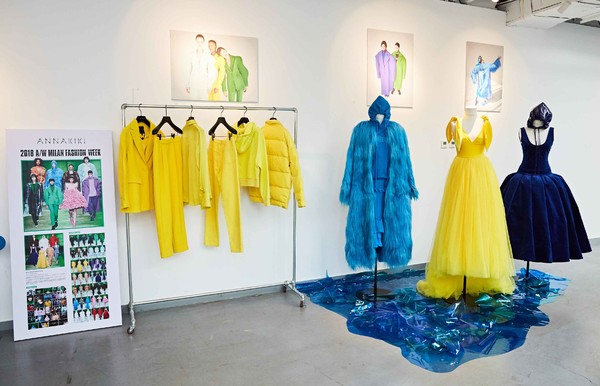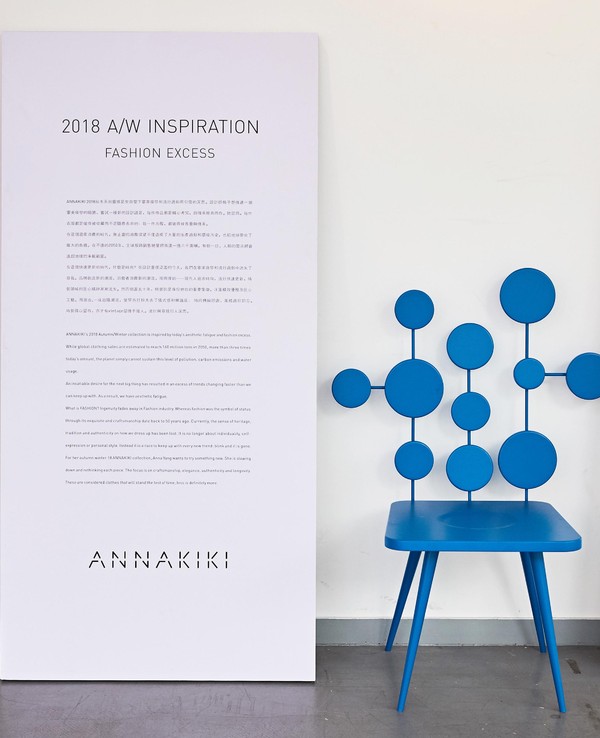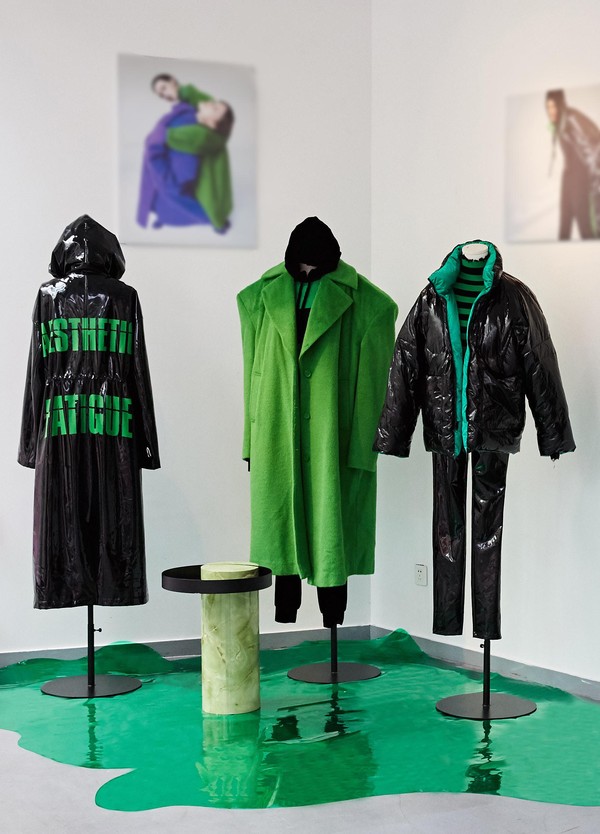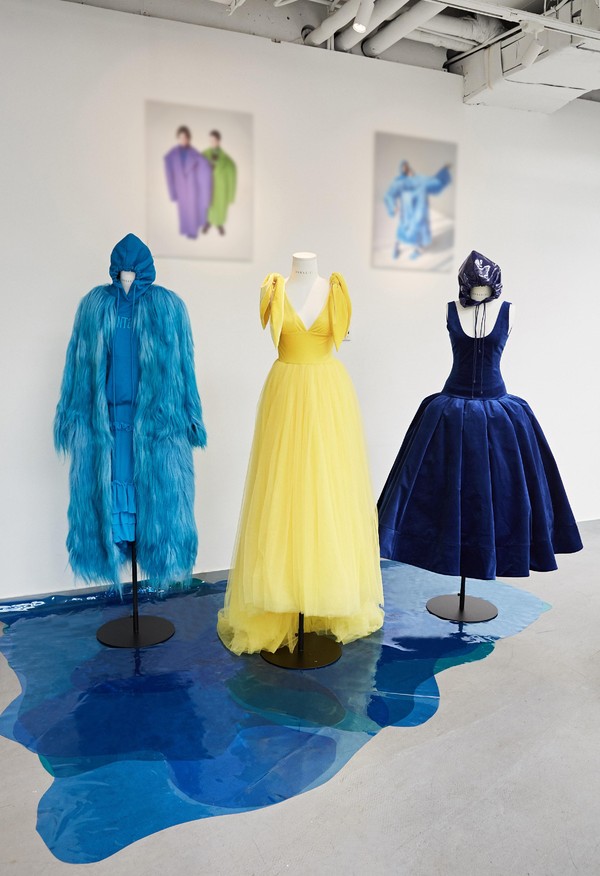The Rise and Fall of Forgotten Dialects
In the early 20th century, America was a melting pot of cultures, each with their own unique dialects and expressions. From the Southern drawl to the New York accent, these regional variations added flavor to everyday conversations. However, as mass media became more prevalent in the latter half of the century, these distinctive voices began to fade away, replaced by standardized English.

The Revival of Classic Literature
With its rich history dating back to Chaucer's Canterbury Tales in 14th-century England, literature has always been an integral part of British culture. Authors like Jane Austen and Charles Dickens captured life during their times with vivid descriptions and relatable characters that continue to captivate readers today. Their works have become timeless classics that are still widely studied in schools and enjoyed by book clubs around the world.

Evolutionary Changes in Grammar Rules
Grammar rules are not set in stone; they evolve over time as language adapts to societal changes and cultural shifts. For example, consider how "you" used to be singular or plural based on who you were addressing (e.g., "Thou art," "Thou art not"). This distinction gradually disappeared from modern English usage due largely to William Shakespeare's influence on popularizing iambic pentameter poetry forms where both singular ("I") and plural ("we") pronouns could coexist without confusion.

Impacting Music through Melodic Lyrics
Music is another area where vintage words play a significant role—especially when it comes down to melody-driven genres such as jazz or pop songs from yesteryear years ago when artists would often incorporate idiomatic expressions into their lyrics for better storytelling effect within songs' narratives which helped listeners connect emotionally at different levels while experiencing music itself differently than we do today because technology allows us access thousands upon thousands more tracks instantly compared then there was much less variety available but quality remained high since people only listened carefully chosen pieces so overall listening experience felt richer even though quantity seemed lower relatively speaking!




